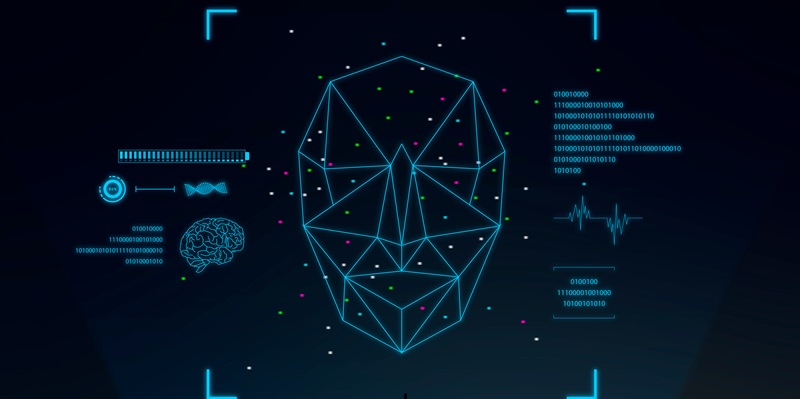The field of deep machine learning has experienced tremendous growth in recent years, revolutionizing various domains. However, the interpretability of deep learning models, especially neural networks, has been a longstanding challenge. In order to address this issue, researchers have turned to tensor networks, which offer a promising “white-box” alternative to traditional machine learning methods. By leveraging quantum concepts and methods, tensor networks bridge the gap between quantum mechanics and machine learning, enhancing interpretability while maintaining efficiency.
The Concept of Tensor Networks
In this section, we delve into the concept of tensor networks, providing an introduction to this innovative approach. Leveraging principles from quantum mechanics, tensor networks offer an alternative paradigm for machine learning. These networks provide a mathematical framework for representing and processing high-dimensional data, allowing for enhanced interpretability. By utilizing quantum-inspired techniques, tensor networks enable a clearer understanding of the inner workings of machine learning models.
Leveraging Tensor Networks for Machine Learning
Building upon the foundation of tensor networks, researchers have explored how these networks can be effectively applied to machine learning problems. By combining principles from quantum mechanics and machine learning, tensor network-based models have been developed. These models harness the advantages of interpretability offered by tensor networks while also maintaining efficient implementations, providing a novel way to reconcile the conflict between interpretability and efficiency.
This section explores the construction and advantages of probabilistic machine learning models using tensor networks. By leveraging quantum states represented and simulated by tensor networks, probabilistic models can be built. Surprisingly, this framework not only matches the interpretability of classical probabilistic machine learning but can even exceed it. Tensor networks enable a deeper understanding of the probability distributions underlying the data, leading to robust and interpretable machine learning models.
Mathematical Representation and Simulation with Tensor Networks
Tensor networks serve as mathematical representations of quantum operations, similar to classical logical circuits. This subheading discusses how tensor networks facilitate the efficient handling of quantum gates across various quantum platforms. By representing quantum operations as tensor contractions, tensor networks enable efficient computation and simulation, making them valuable tools in the realm of quantum-inspired machine learning.
Applications of Tensor Networks in Machine Learning
Tensor networks display remarkable versatility in various machine learning tasks. This section explores their role in simplifying tasks such as dimensionality reduction, feature extraction, and even the implementation of support vector machines. Tensor networks offer efficient and interpretable solutions in these areas, providing practical and valuable applications in machine learning tasks.
Advancements and Potential of Tensor Networks
As research and investment in tensor networks continue to grow, their potential to achieve equal or superior accuracies, along with improved interpretability compared to neural networks, becomes evident. This section highlights the advancements made in this field and discusses the potential for further exploration, including the possibilities of combining tensor networks with other cutting-edge techniques to unlock even greater potential in deep machine learning.
Tensor Networks in Quantum Computing
With the advent of quantum computing hardware, tensor networks are poised to become fundamental mathematical tools for studying artificial intelligence. This segment emphasizes the role of tensor networks in the field of quantum computing, where they can provide insights into the inner workings of complex quantum systems. By harnessing the power of quantum computation, tensor networks open up new horizons for studying and advancing artificial intelligence.
In conclusion, tensor networks present a promising approach to addressing the long-standing challenge of reconciling interpretability and efficiency in deep machine learning. Leveraging quantum concepts, these networks offer a “white-box” alternative to black-box deep learning models. With versatile applications ranging from dimensionality reduction to support vector machines, tensor networks demonstrate their potential in various machine learning tasks. As further research and investment propel the advancement of tensor networks, they hold the key to achieving superior accuracies with improved interpretability, ultimately unlocking new possibilities in the field of artificial intelligence.

